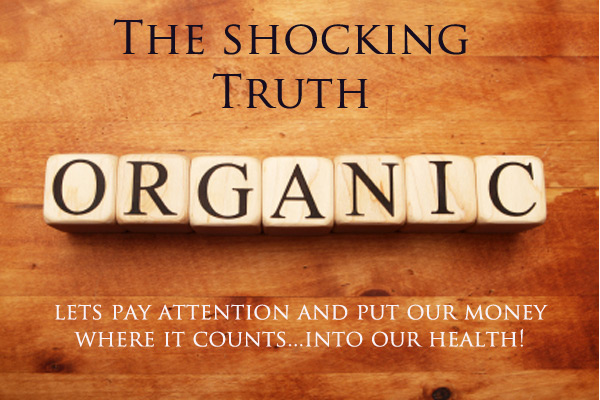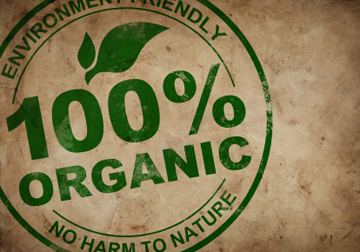Nobody likes to be labelled, particularly when the label is wrong. You may or may not be surprised to hear that over one-third of all products on the shelf today, contain one or more ingredients that are classified as a possible human carcinogen. That’s right, the review boards that decide our fate spend around 1 hour deciding whether or not an ingredient is deemed safe enough for use, often stating that there is a significant absence of safety data to base their decision on.
The cosmetic industry deems the word natural to mean anything that is derived from a natural source. Let’s take the example of a coconut. It comes from a tree and is a natural food source. A coconut however, after processing, can produce Sodium Laureth Sulfate, which when combined with other chemicals creates a cocktail of carcinogens. Yet, on this same product, the slick marketing on the label might state something like, all natural from coconut. A little scary isn’t it?
The same goes for the word organic. Organic agriculture forbids growth hormones, antibiotics, pesticides, synthetic fertilizers and genetic engineering; however there are no regulations for the use of the word. Companies have been known to throw a good dose of water into a product and then call it 75% organic. Yes, water is a natural ingredient, but I tend to like it without petroleum please. Another tactic companies use is to list the ingredient by its trade name instead of what is being flagged in the media in an attempt to mislead customers OUCH!
This type of business behavior is known as greenwashing. You might be wondering how to get around this maze of deception. One way is to look for certified organic products. It costs a company a fortune to get each ingredient certified and includes piles of paperwork, as well as regular inspections of their production and facilities. It is your guarantee of authenticity and integrity. If a company that has spent this time and money on a government and third-party certification, you know they take components seriously.
Don’t fall for the marketing hype my friends!
Green-colored labels, pictures of pretty flowers or plants, words such as pure, safe, beneficial and even organic may mean NOTHING. Read your labels closely and find an official online source that you trust to crosscheck ingredients. Even some eco or bio stamps from associations still allow a number of toxins through, so if you want to be absolutely sure, this should also be researched!
The word is out we are smart individuals who care about the planet as well as what goes on and into our bodies. We have the internet at our fingertips to get resources and knowledge. Let’s pay attention and put our money where it counts into our health and businesses that support that.
Kim Nightingale loves nothing more than to share her passion through her copywriting business http://nightingalesnotes.com and continues to learn and write about a multitude of subjects, including health and wellness.
To view more on Kim Nightingale and her Business Zen Body Works :http://backtoeden.ca/zen-body-work/






